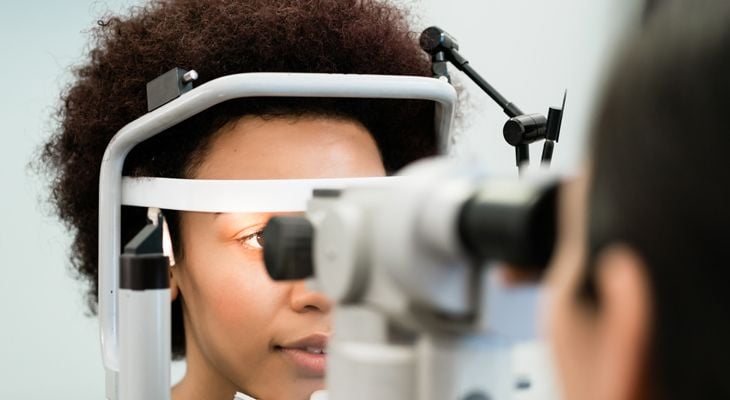Loss of eyesight and macular degeneration are typically associated with aging. Stargardt disease, however, an inherited form of macular degeneration, commonly affects children and young adults. Also referred to as Stargardt macular dystrophy (SMD) or flavimaculatus, the term Stargardt disease refers
Read more

Intricate and complex, the eyes take in and process light and communicate information to the brain through electronic impulses. Several diseases and conditions - viral, bacterial, and genetic - affect the eyes and their ability to function properly. Any sign of unusual eye symptoms should prompt a visit with an eye care professional.
-
Stargardt Disease
Category: Eye Diseases
-
Retinitis Pigmentosa
Category: Eye Diseases
The term retinitis pigmentosa (RP) refers to a set of degenerative genetic diseases that gradually kill off the light-sensing cells (rods and cones) of the retina, eventually causing blindness. It is a relatively rare genetic disorder, affecting only 1 in 4,000 people. Retinitis pigmentosa can be difficult
Read more -
Macular Dystrophy
Category: Eye Diseases
You may have heard of macular degeneration, an age-related condition in which people suffer permanent vision loss due to damage in a part of the retina called macula. But you may not be so familiar with a similar macular condition that also causes vision loss -- even in young people. This condition,
Read more -
Keratoconus
Category: Eye Diseases
If you find yourself experiencing blurred or distorted vision that seems to get worse year after year, you may suffer from an irregularity of the cornea known as keratoconus. This condition is infamous for causing astigmatism and nearsightedness that can progress rapidly, calling for constant updates
Read more -
Cytomegalovirus (CMV) Retinitis
Category: Eye Diseases
Cytomegalovirus (CMV) retinitis is a serious disease causing compromised vision and ultimately a total loss of vision. CMV retinitis is typically associated with Acquired Immunodeficiency Syndrome (AIDS). In the early days of the AIDS epidemic, nearly one-quarter of all individuals diagnosed with late-stage
Read more -
Fuchs' Corneal Dystrophy
Category: Eye Diseases
Fuchs' dystrophy (pronounced fooks DIS-truh-fee) is an eye disease characterized by degenerative changes to the cornea’s innermost layer of cells. The cause for Fuchs' dystrophy is not fully understood. If your mother or father has the disease, then there is roughly a 50 percent chance that you will
Read more
